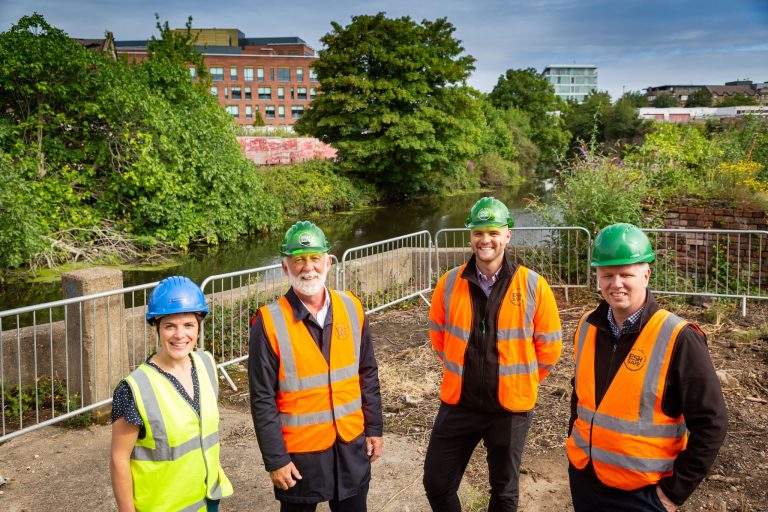A company specialising in data analytics and AI for the retail sector is expanding with investment from Finance Yorkshire.
Leeds based HyperFinity uses data and AI to help retail customers make smart decisions around customer loyalty and pricing, leading to increased profitability.
Investment from Finance Yorkshire’s growth fund will enable the company to build its sales and marketing function as well as support product development.
Co-investor River Capital has made an investment in HyperFinity from its fund:AI. Finance Yorkshire and River Capital join existing investor, Snowflake Inc, a global leader in data and AI technology, completing a seven-figure investment round.
HyperFinity was founded in 2019 by Pete Denby, Adam Barrowcliff, Damon Bryan and Tom Hill who have grown the business’s client base to include Asda, Costa Coffee, Card Factory and Toolstation.
CEO Pete Denby said: “HyperFinity helps retailers make the most of their data using analytics and AI. We’re already helping some of the best-known retailers make profitable loyalty and pricing decisions through a combination of powerful software and expert services.
“We’re delighted to be working with Finance Yorkshire and River Capital whose investments will enable us to accelerate our growth plans.”
Finance Yorkshire CEO Alex McWhirter said: “The team at HyperFinity has established the business as a recognised decision intelligence company for the retail sector. We are pleased to invest in HyperFinity and support its aspirations to be the go-to company that delivers transformational growth in retail using data and AI.”
River Capital Investment Director David Walters said: “We are delighted to support HyperFinity in building their product offering and sales and marketing team. We are excited to see how the business continues to grow over the next few years.”
Finance Yorkshire’s growth fund is part of a wider regional business fund which is expected to provide more than £50m to SMEs over five years. Investment is also available from its seedcorn and loan funds.





















